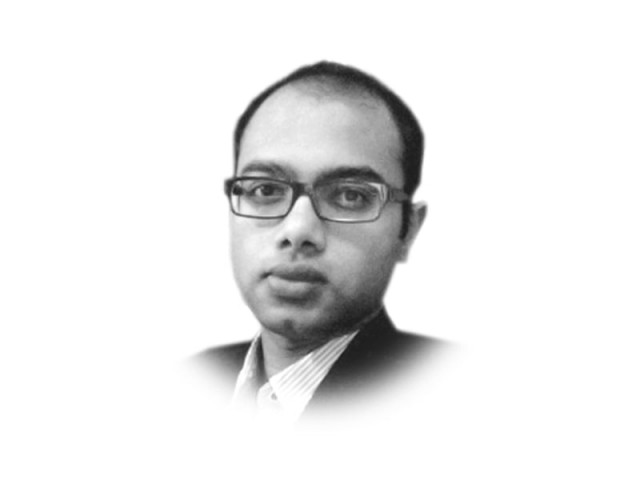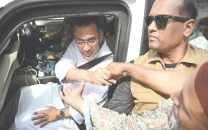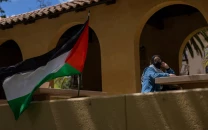The BRICS after Durban
For the first time, BRICS members cement initiatives for which they must resolve sensitive issues for settlement.

Asif Farooq is a researcher at the Centre for the Study on Rapid Global Change at the University of Waterloo, Canada
Yet, once doubted as a ‘talk-shop’, the BRICS countries are slowly but undoubtedly doing the right things to help each other. First, the New Development Bank, highlighted as an achievement at the summit, promises massive infrastructure investment for Africa. Although, the progress hailed in the summit was only limited to the acknowledgement of the bank’s feasibility and validity, it was a decisive initiative on behalf of the BRICS members. The BRICS summit declaration outlines a bank with an initial $50 billion fund and a currency reserve agreement of $100 billion to weather any future financial crisis.
However, the progress has been quite sluggish on the details about the bank. In fact, the BRICS finance ministers still have not been able to decide on a host of sensitive issues concerning the bank. As a result, India itself, who introduced the bank’s idea initially last year, prefers to take more time rather than rush to any agreement. For the first time, the BRICS members have cemented an initiative for which they must resolve many sensitive issues for a settlement.
Second, the summit also witnessed the establishment of the BRICS business council, which is a forum for the top private-public business leaders from the five countries to foster and strengthen commercial ties among them. The council is scheduled to meet twice every year and aims ‘to curb reliance on the West’. With the business council, the BRICS brings a positive approach to African, as well as intra-BRICS development initiatives, emphasising development through commercial ties rather than depending on an aid model.
Third, the BRICS illustrate an intangible ‘bazaar’ space for building networks, signing deals and fostering cooperation and coordination among the members of the South. Numerous successful deals have been reached on the fringes of the BRICS summit. Currency swap agreement between China and Brazil, a loan agreement between South Africa’s Transnet and the Chinese Development Bank, plans for 28,400-kilometre-long high capacity telecommunications cable among the BRICS countries, South Africa’s agreement with the Russian space agencies and a Brazilian financial institution are a few such examples. China and India, too, are expecting deepening military ties as proposed by the new Chinese leader, Xi Jinping, during the summit. The forum provides an inclusive space for the exclusive club members belonging to the BRICS, which compliments cooperation under the brand of emerging powers.
The progress within the BRICS, however, is always challenging. Members are fraught with strategically competing issues as much as they are actively in search for common grounds. Disputed borders, huge trade imbalances, lack of agreement on UN Security Council reform are a few issues that members are divided over. Furthermore, neither is its flagship initiative, the New Development Bank, unique — considering other similar regional initiatives — nor are the members effective as a heavyweight bloc on international affairs.
Nevertheless, a research study undertaken at the Centre for the Study on Rapid Global Change at the University of Waterloo demonstrates that the BRICS countries have adapted to a working practice of downplaying issues on which they have conflicts while promoting the ones with mutual agreements. Therefore, while it may be premature to claim that the BRICS have already initiated transformative changes to the global architecture, it is, at least, a work in progress towards the right direction.
Published in The Express Tribune, April 25th, 2013.




1726734110-0/BeFunky-collage-(10)1726734110-0-208x130.webp)














COMMENTS
Comments are moderated and generally will be posted if they are on-topic and not abusive.
For more information, please see our Comments FAQ